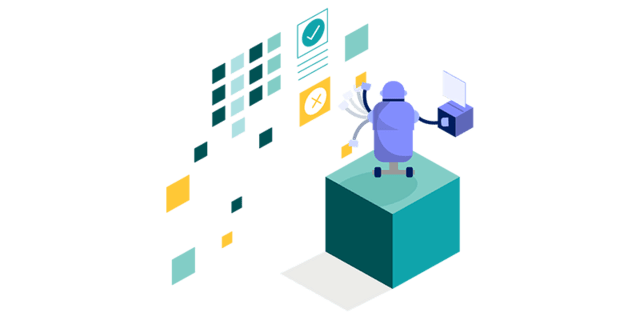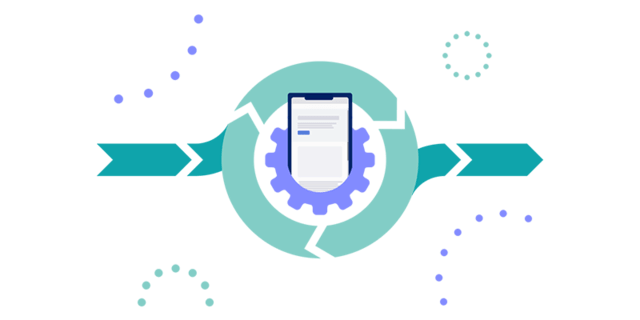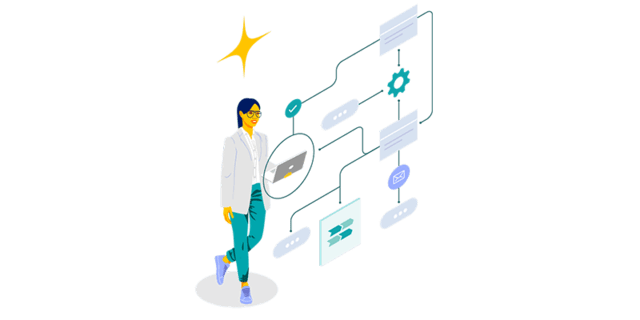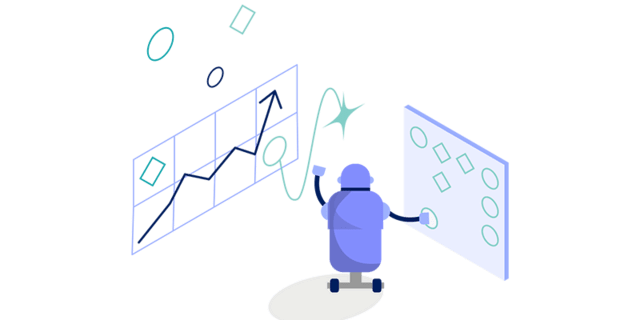Agentic systems
Make decisions based on real-time data – without human intervention
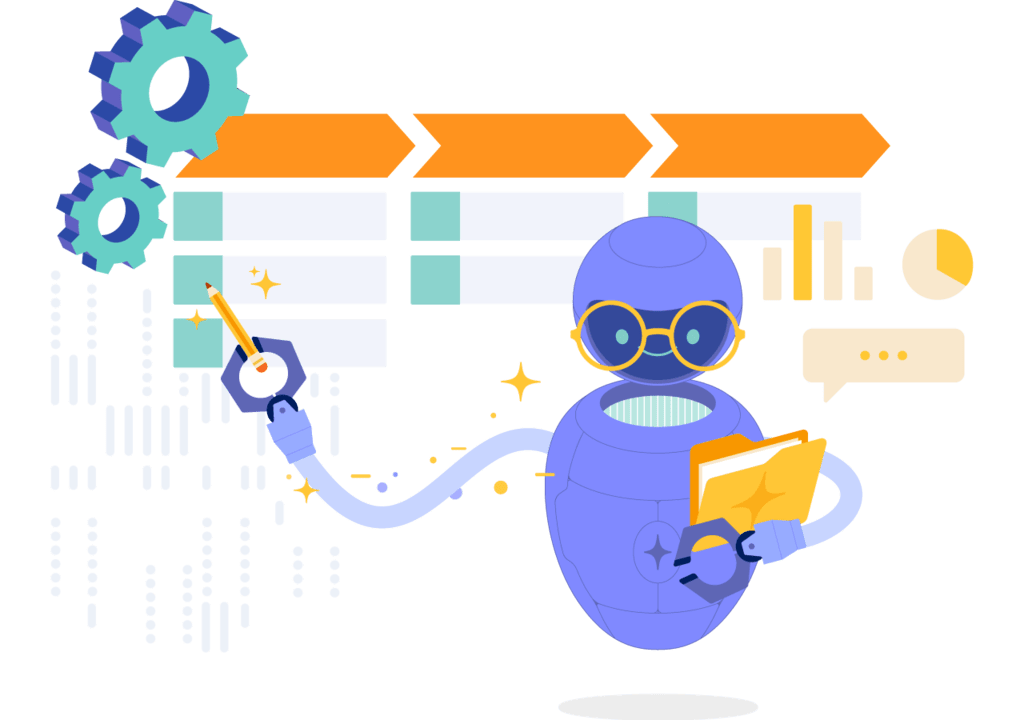
What is an agentic system?
Agentic systems are advanced AI systems designed to autonomously pursue specific objectives by combining multiple intelligent components that can perceive, reason, decide, and act. Unlike traditional AI systems that respond to specific inputs with predetermined outputs, agentic systems possess enhanced cognitive capabilities that allow them to operate with greater autonomy and complexity across various environments and tasks. As part of an agentic AI effort, these capabilities are especially valuable in orchestrating complex processes across dynamic systems.
Why are agentic systems important?
Agentic systems are gaining significant importance due to their ability to overcome the limitations of traditional AI and automation. They represent a step towards more intelligent, autonomous, and adaptable systems that can tackle complex real-world problems with minimal human oversight. With the ongoing shift toward business orchestration automation technology (BOAT) platforms, enterprise automation is entering a new paradigm, with agentic systems playing a key role in this evolution.
Benefits of agentic systems
- Increased operational efficiency: Automating complex workflows and decision-making processes minimizes manual errors and speeds up operations.
- Improved customer satisfaction: AI agents can provide tailored support and quick answers to customer inquiries.
- Enhanced data processing: Agentic systems can analyze large datasets and make timely decisions based on information.
- Seamless orchestration: Agentic systems enable coordination across multiple processes and autonomous agents, enabling cohesive and adaptive operations across complex environments.

How does an agentic system work?
What makes a truly agentic system powerful is a Center-out® business architecture. Unlike traditional AI systems that operate in isolation, agentic systems often employ multiple specialized agents that collaborate toward common goals, starting with a foundation of core business rules. These agents can work in parallel, each handling specific aspects of a task while communicating results to achieve more complex objectives than any single agent could accomplish alone. This type of end-to-end orchestration is foundational to BOAT, which applies agentic principles to coordinate business processes and automate decision flows across systems.
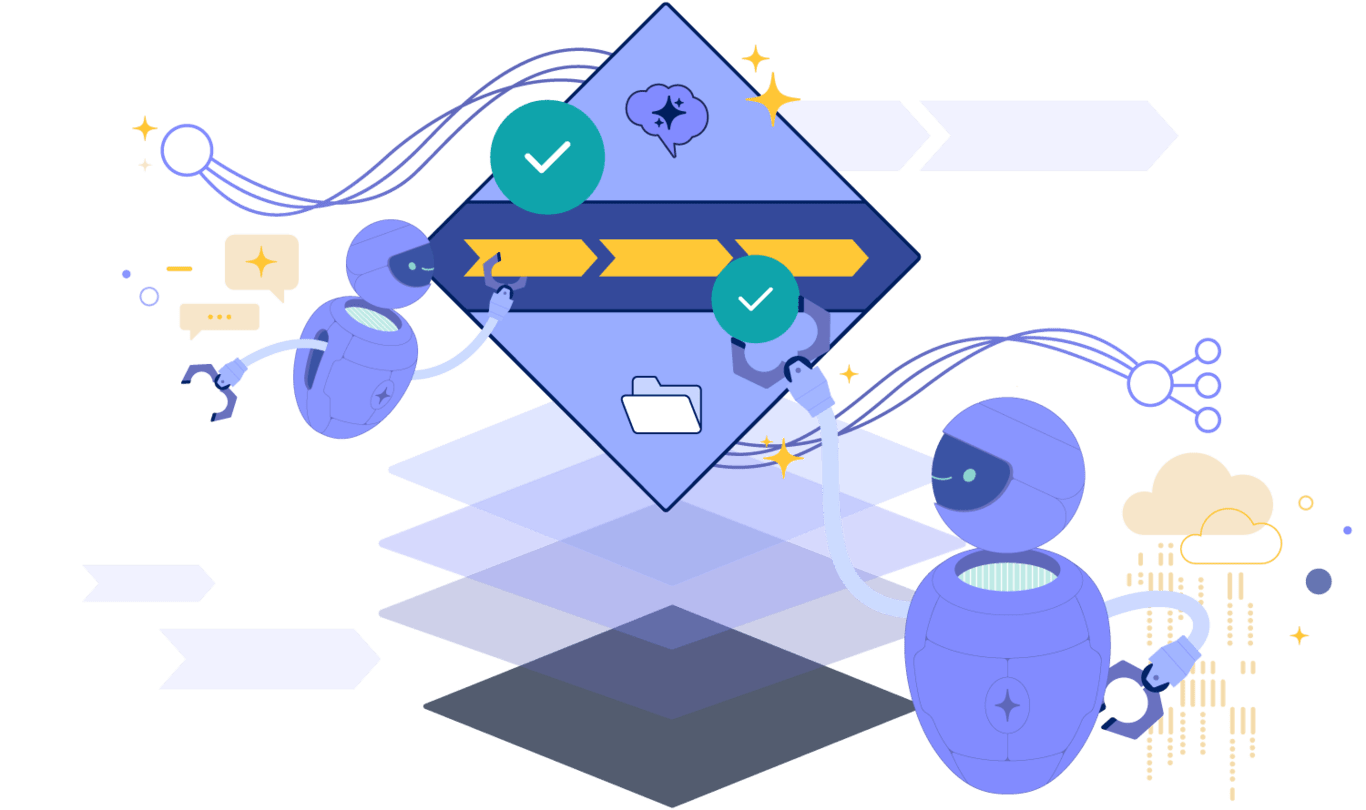
Components of an agentic system
Understanding the fundamental components of agentic systems is key to successfully implementing and integrating within enterprise AI frameworks.
Perception module
This component gathers and processes data from sensors or data inputs, acting as the system’s “eyes and ears” to guide decision-making.
Decision-making module
This component applies reasoning and cognitive capabilities to determine the best course of action based on the system's goals and available information.
Action execution module
This component turns decisions into actions, executing tasks across different systems and environments to bridge planning and implementation.
Learning module
This component allows the system to adapt its strategies based on past performance and new information, making it increasingly effective over time.
What are some use cases for agentic systems?
Potential challenges with agentic systems
While promising, realizing the full capabilities of agentic systems requires careful consideration of various inherent challenges:
- Data integration: Agentic systems need access to diverse data sources, often facing legacy system barriers. Data virtualization can offer unified access without full overhauls.
- Reliability: Maintaining consistent, predictable behavior in complex multi-agent systems is challenging, but strong testing frameworks can help address it.
- Scalability: As agentic systems become more complex, sustaining performance gets harder. Defining tailored benchmarking standards can help manage this challenge.
- User buy-in: According to a recent Pega survey, while a majority of workers (57%) are inclined to use AI agents at work, significant concerns about reliability and quality persist, highlighting the need for transparent and trustworthy AI solutions.


The future of agentic systems in AI
Agentic systems represent the next step in AI, blending human-like decision-making with automation. Tech professionals must understand their dynamics to boost AI efficiency and reliability. By adopting agentic AI, industries can drive innovation, reduce risk, and deliver greater flexibility and business value through aligned, forward-looking solutions. For a deeper look at how agentic systems are shaping intelligent operations today, explore agentic workflows in action.

